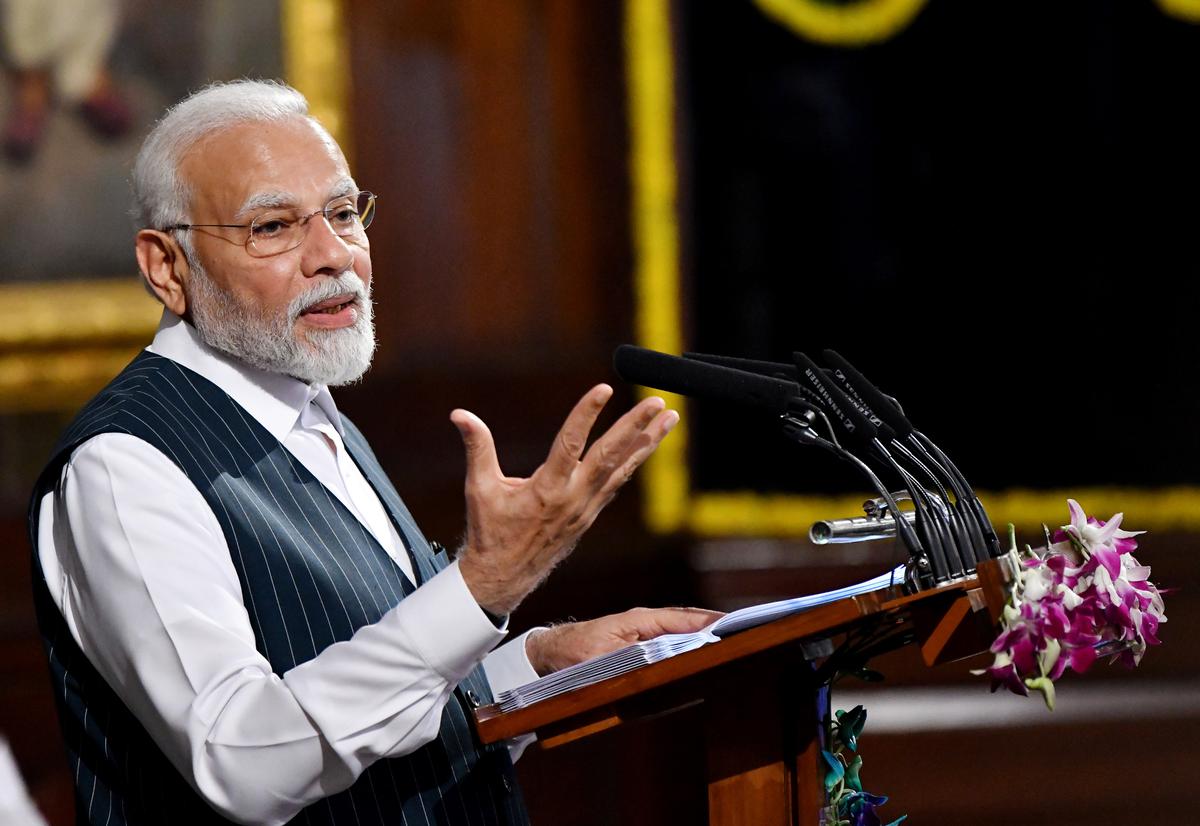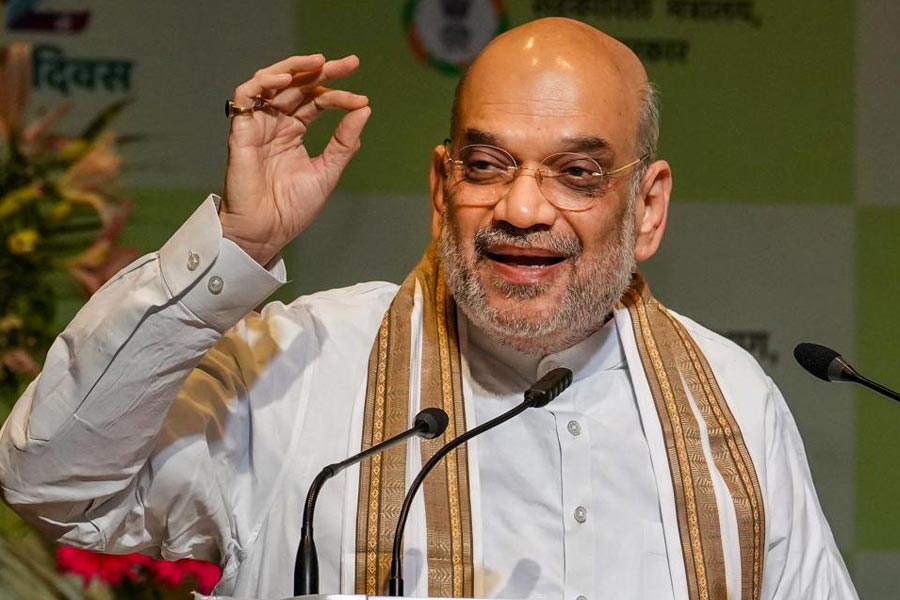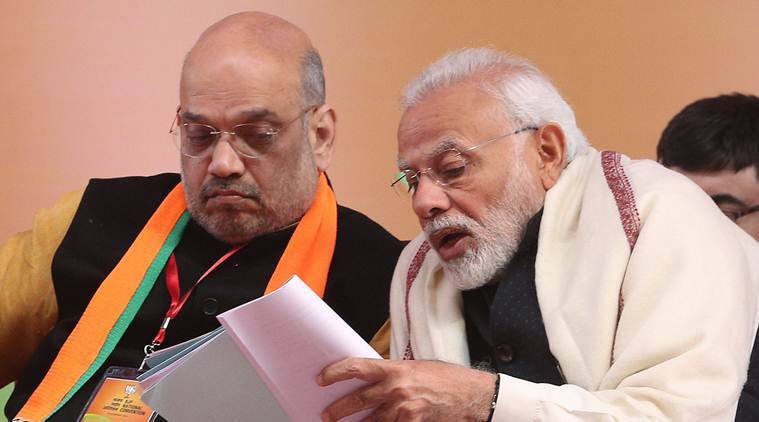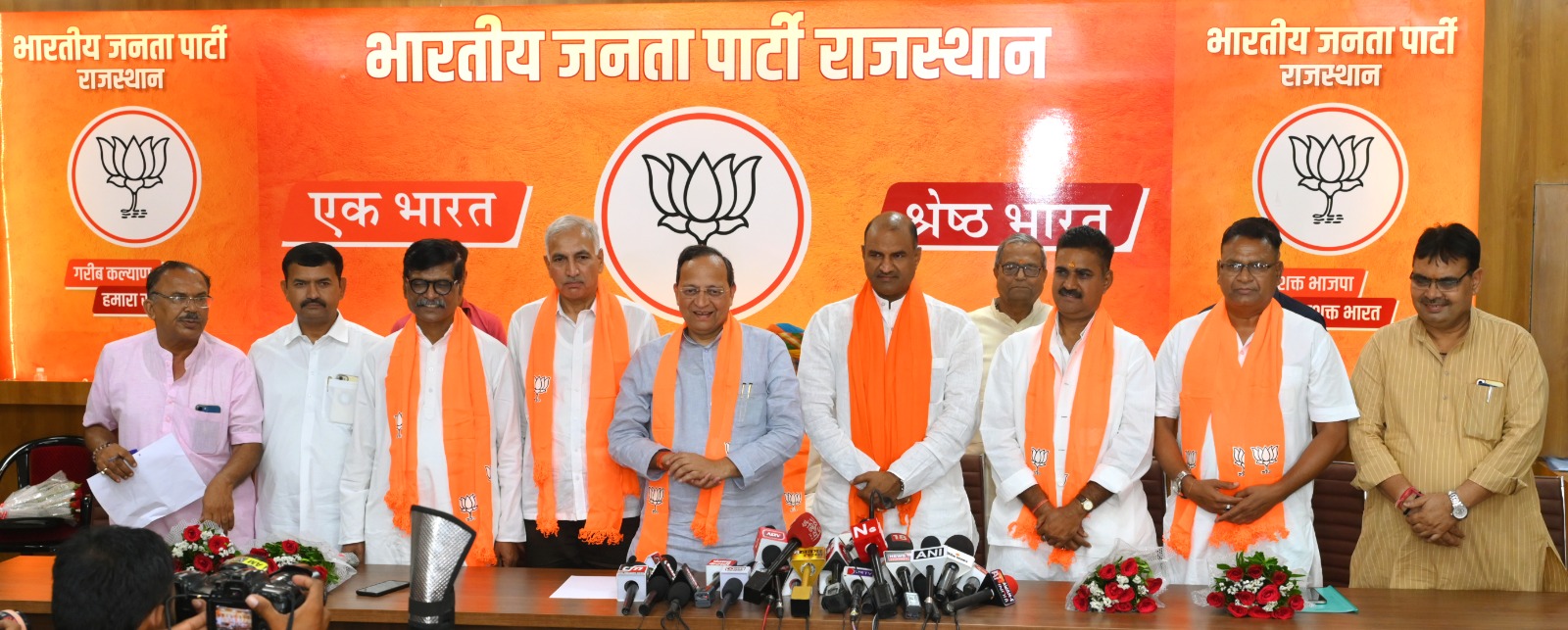Many people have accused The Bharatiya Janata Party (BJP), at the head of India’s governing coalition, for adopting anti-secular policies and activities in recent years. With time this has often raised discussions concerning whether or not the party is genuinely committed to India’s secular values and Constitutional principles

Citizenship Amendment Act (CAA) debate
The approval of the CAA in 2019 has been one of the most divisive issues of the year. This provision has been criticized for being discriminatory because it does not include Muslims fleeing persecution in neighboring nations. They worry that giving preference to one religion over another will weaken India’s secular foundations. Millions of Indians have taken to the streets to voice their opposition to the CAA because of fears for the country’s Muslim minority.
The NRC, or the National Registry of Citizens

Concerns about the BJP government’s efforts to implement a national NRC have also been voiced. Some people are concerned that it might lead to religiously motivated discrimination and exclusion, particularly among Muslims and other minorities. Many Muslims were left out of the preliminary NRC process in Assam, which was meant to serve as a model for the eventual countrywide NRC. This prompted questions about how a countrywide NRC may affect marginalized groups.
Mishaps in the Community
Several acts of religious violence and incidences of communal strife have occurred in India in recent years. Opponents of the BJP claim that the party’s ideological allies and fringe organizations are to blame for sowing discord in society and poisoning interfaith ties.

There has been a rise in communal incidents across India in recent years, with certain regions seeing more of them than others. Loss of life and property has been an expected outcome of such situations.
The Loss of Jammu and Kashmir’s Independence
Reorganizing Jammu and Kashmir into two Union Territories after the government decided to abolish the region’s special status in August 2019 was widely viewed as an insult to the region’s distinct cultural and religious character. Some have charged that politics, not a desire to be secular, motivated this choice. Many locals worried about how the loss of autonomy and governance brought about by repealing Article 370 would affect their culture and rights.
A rise in religiously motivated nationalism
The BJP’s support for Hindutva, a Hindu nationalism, has been criticized because it promotes religious intolerance and threatens India’s secular values. Some people have said that the party is trying to win over voters by appealing to their religious beliefs. Some people feel that the divisive and exclusive kind of nationalism promoted by various BJP leaders’ comments and deeds goes against the concept of secularism.
Attacks on Free Speech
Common man has criticized the BJP administration for allegedly stifling the rights to free speech and dissent. They say that the persecution of artists, authors, and activists who speak out against the government undermines the secular values of a pluralistic society.

Concerns regarding freedom of expression in the country have arisen after several reports of individuals critical of the administration facing legal action or intimidation.
Debates on secularism, religious freedom, and social peace are crucial in a varied and heterogeneous democracy like India. These debates provide light on the challenges of balancing democracy and secularism in India’s democratic system with the variety of religion and culture. The widespread perception that the BJP’s policies are anti-secular highlights the necessity to maintain open channels of communication and active engagement in such urgent topics.

